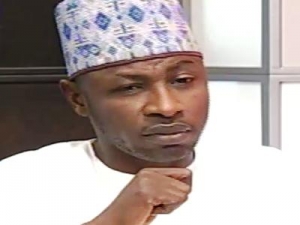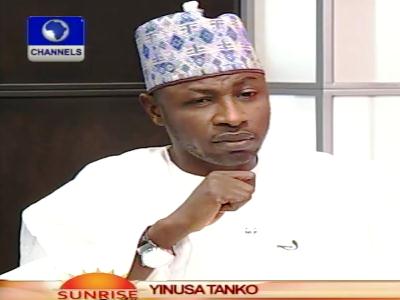
Speaking on Channels Television, he noted that the lack of laws that would stand the test of time had been the reason why the Nigerian political system had lost its values.
He wondered why any politician should be allowed to trade the trust given to him by the people with another party that they did not support.
Tanko revealed that the discussions at the recently held National Political Summit bordered on issues concerning all political parties, including that of cross carpeting. He noted that if the recommendations are well adopted, it would bring sanity to the system.
He disclosed that the major step needed after the summit was to ensure that the next Electoral Act does not allow any elected politician to cross carpet into another party.
How much influence a political party has on the success of the candidate also came to the fore, as it is believed that some persons boost the party’s chances by their popularity rather than being helped by the party to win elections.
Tanko insisted that the candidate was bound by the political party he contested on and could only ride on his personal popularity on the platform of another party. This was after sharing the view that Nigeria was not yet mature for independent candidature.
He also believed that political parties would be able to agree on putting an end to the issue of cross carpeting as the issue has not favoured any of the political parties and it had become important for all the parties to jointly work against it.
Tanko said that his party the NCP would not accept any candidate from another party; no matter how popular he is, as long as he is occupying an office under his party.
“What is wrong is wrong”, he said, noting that his party was built on strong values.
He explained that the IPAC was a common front where parties discuss internal issues and there were plans to come up with ways of calling political parties with disciplinary issues to order.
This, according to him, includes utterances made by politicians, stating that issues of education, housing and development should form the core content of their public statements. While admitting that politicking had a place in contests, he advised that such should be based on developmental issues.
He revealed that the organisation embarked on this campaign in Anambra State leading to the governorship election to sensitize the people about what to pay attention to but could not do same in Ekiti due to certain constraints.




